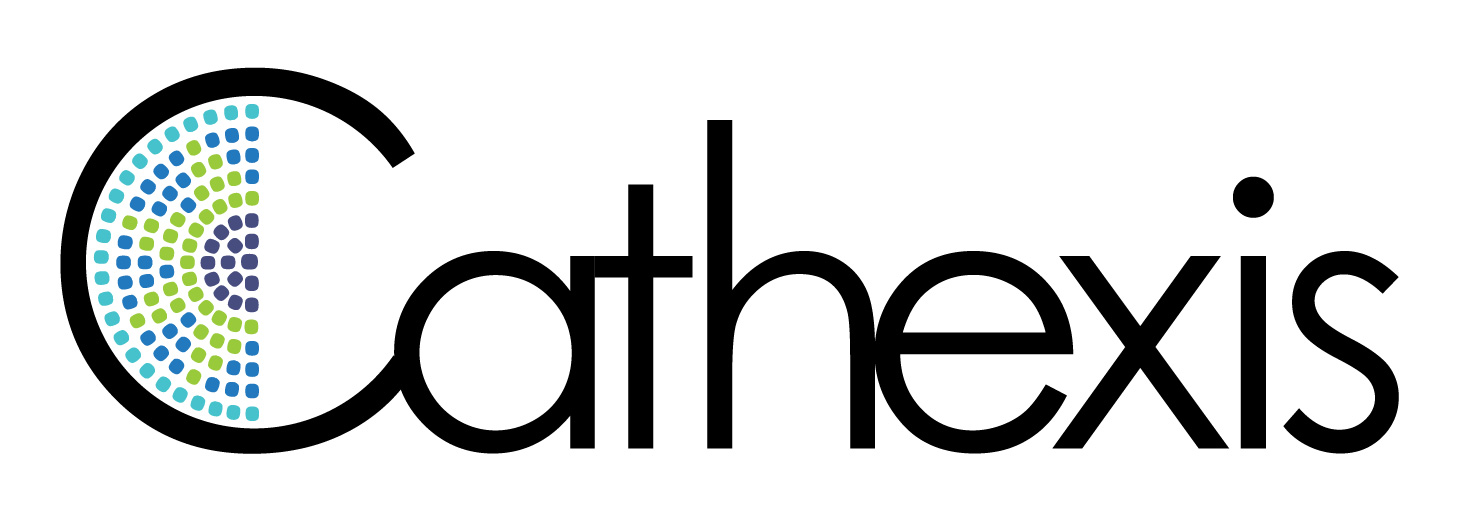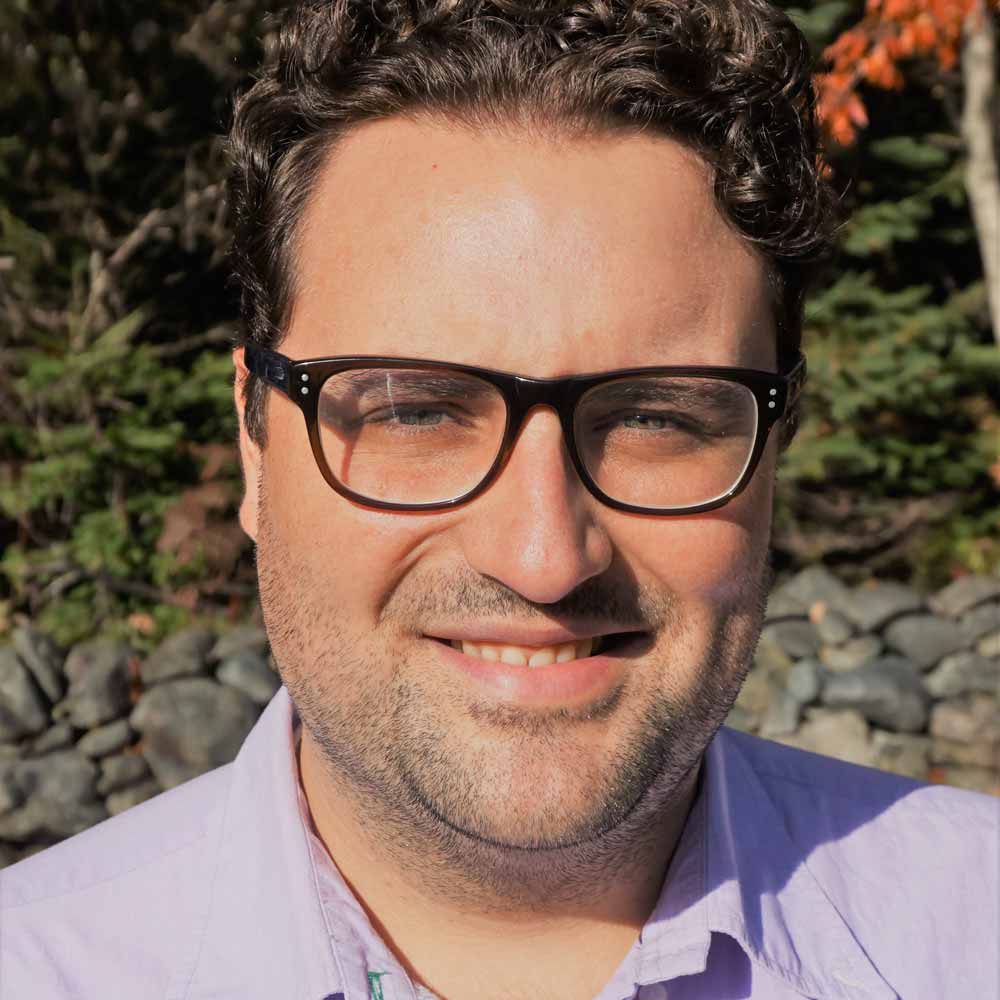Scott is the founder and principal consultant at Insight Consulting & Evaluation, a firm in Nova Scotia that specializes in conducting evidence-based, utilization-focused, and collaborative evaluations. Before founding his own evaluation firm, Scott spent two years with Cathexis as a consultant and some time in Alberta’s public sector.
We frequently collaborate with Scott. His combination of public- and private-sector experience and his fun demeanour make him a joyful addition to our projects. We recently had Scott spend some time with one of our newest team members, Natasha, for a Q & A session about his evaluation approach, having fun during evaluation, and food trucks!
1. Why do clients seek you out?
The number one thing I can think of is my practical approach to evaluation. Some organizations capture data without a mechanism to apply it, which creates bad data without stakeholder buy-in. So I’m very pragmatic and focused on the intended utility of any evaluation. I like to ask, ‘Is the juice worth the squeeze?’ when expending resources to answer questions.
The other space I occupy is that I worked for Cathexis and saw the world through an external evaluator’s lens, and then I moved to the public sector. In the public sector I observed how government functions and worked with executive-level personnel at various organizations. So I can position policy or program insights to actually drive change. There’s nothing worse than conducting a great evaluation and generating recommendations that never actually go anywhere!
I also think I’m fun to work with!
2. What does being a “fun evaluator” look like in practice?
It’s something that needs to be tailored for the client and the setting. It can look like doing interactive and creative forms of engagement, methods that are more tactile and get people moving. With some of my clients, we’ll grab drinks together after meetings. It can also be including a joke at the end of an email and not taking life too seriously. I try to work with organizations that like to have fun as they work.
It’s important to have fun during evaluation because the topics we work on can be heavy. It’s often service delivery to vulnerable communities and I think we use humor as a way to lighten up our lives. This doesn’t take away from the seriousness of our work, but we look for opportunities to have fun with each other. Taking this approach is also more engaging for clients and prevents burn-out.
3. What’s a major principle that guides your work?
I have a strong sense of civic engagement, and how my work contributes to community well-being is a big principle for me. When I moved back to Nova Scotia, I made a conscious effort to be part of the solution in Atlantic Canada, so I prioritize projects about improving community well-being. Working on projects that make positive differences in the Atlantic Canadian community really puts a fire in my belly!
4. How have you adapted to evaluation during COVID-19?
My work actually hasn’t changed much. I live in rural Nova Scotia and most of my work was already web-based. In a rural setting, it’s not practical or environmentally sound to have face-to-face meetings very often. So COVID-19 wasn’t massively disruptive or different for me.
5. What’s the best thing you’ve read recently?
I recently read “The Happiness Trap”. It’s been really impactful in the way that I think about some things. The premise is that chasing happiness is a fallacy and instead you should live a fulfilled life that’s aligned to your values. You could live a blissfully ignorant life, but you would never accomplish anything important because doing important things is inherently stressful. The book is about the realization that living a fulfilled life is what’s actually meaningful. And living a fulfilled life is going to put you in positions of discomfort, of sadness, of frustration, of stress. But if you contextualize that, if you live your life guided by your value system and seek to be fulfilled, then that’s a beautiful thing.
6. If you weren’t doing this, what would you be doing? (your “back-up job”)
I’d probably be a politician – I love campaign politics! And otherwise, I’d run a food truck because I love cooking. Some days I just want to throw my hands in the air and give away this stressful job to run a food truck that serves interesting, healthy, and delicious food. We have incredible beaches here, so I’d go from beach to beach selling my food.
I also love social enterprise. When I lived in Latin America and West Africa, I became interested in self-sustaining social entrepreneurship and using social research methodologies to answer questions about the social bottom line. I’ve always thought it would be interesting to start up some kind of social purpose enterprise!

